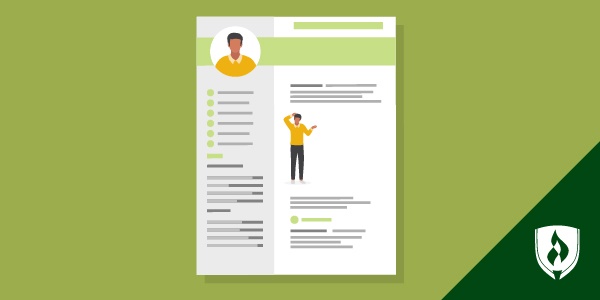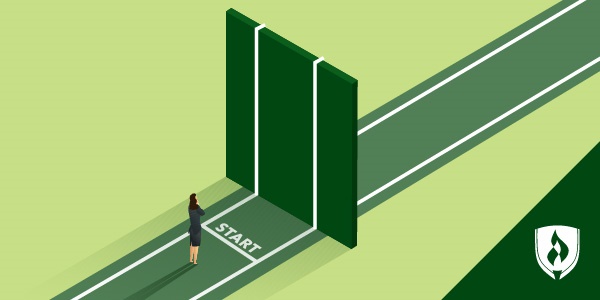Even if your resume is flawless, employers may not hire you if you botch the interview with speech habits that make you seem less intelligent and qualified than you really are. According to The Conference Board, 88 percent of employers value spoken language skills in their college graduates. Practice makes perfect, so follow these tips to combat those ever-so-common speech habits during an interview.
Verbal Pauses
These include filler words like "um," "ah," "uhh," and "you know," which many people use to occupy gaps in their phrases. Bridge words, such as "like," "but," and "so," are also common break points that give people more time to decide what to say next. Take a breath or pause before you speak instead.
Uptalk
A high-rise terminal, also known as uptalk, is the rising inflection at the end of a sentence, making it sound like a question even if it's a statement. Speaking in this manner may cause your interviewer to speculate whether you understand what you're talking about and if you lack confidence.
Weak Words
Avoid using discourse that suggests weak conviction. This includes "kind of," "sort of," "I feel like," and "maybe". Using these phrases will make you seem ambivalent. Instead, make strong statements that demonstrate you stand by your opinions.
Speeding
It's acceptable to be nervous during an interview, but don't show it by talking hastily. Your interviewer won't be able to grasp what you're saying, and you will appear anxious. Pause slightly between sentences to give your interviewer time to process your statement, but don't linger gawkily.
Grammatical Errors
You ain't gonna get the job talkin' like this. Speak in correct, complete sentences and make sure your tenses agree. Avoid local slang, informality, and regional expressions, otherwise you'll risk sounding uneducated.
Slurring
Talking too fast or dropping the ends of your words can cause you to slur them, making your speech difficult to understand. Pronounce every word carefully and leave space between each one. If you need time to think about what to say, kindly ask your interviewer to wait a few seconds. They'll appreciate that you're being deliberate.




